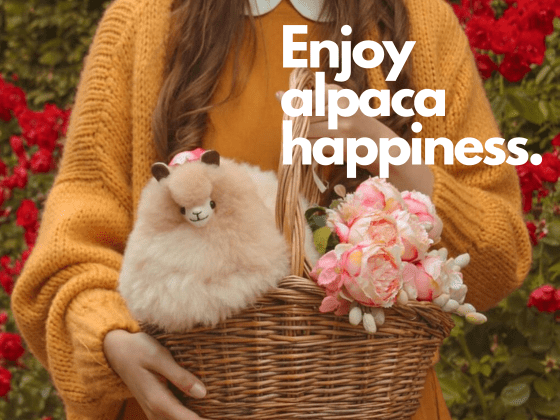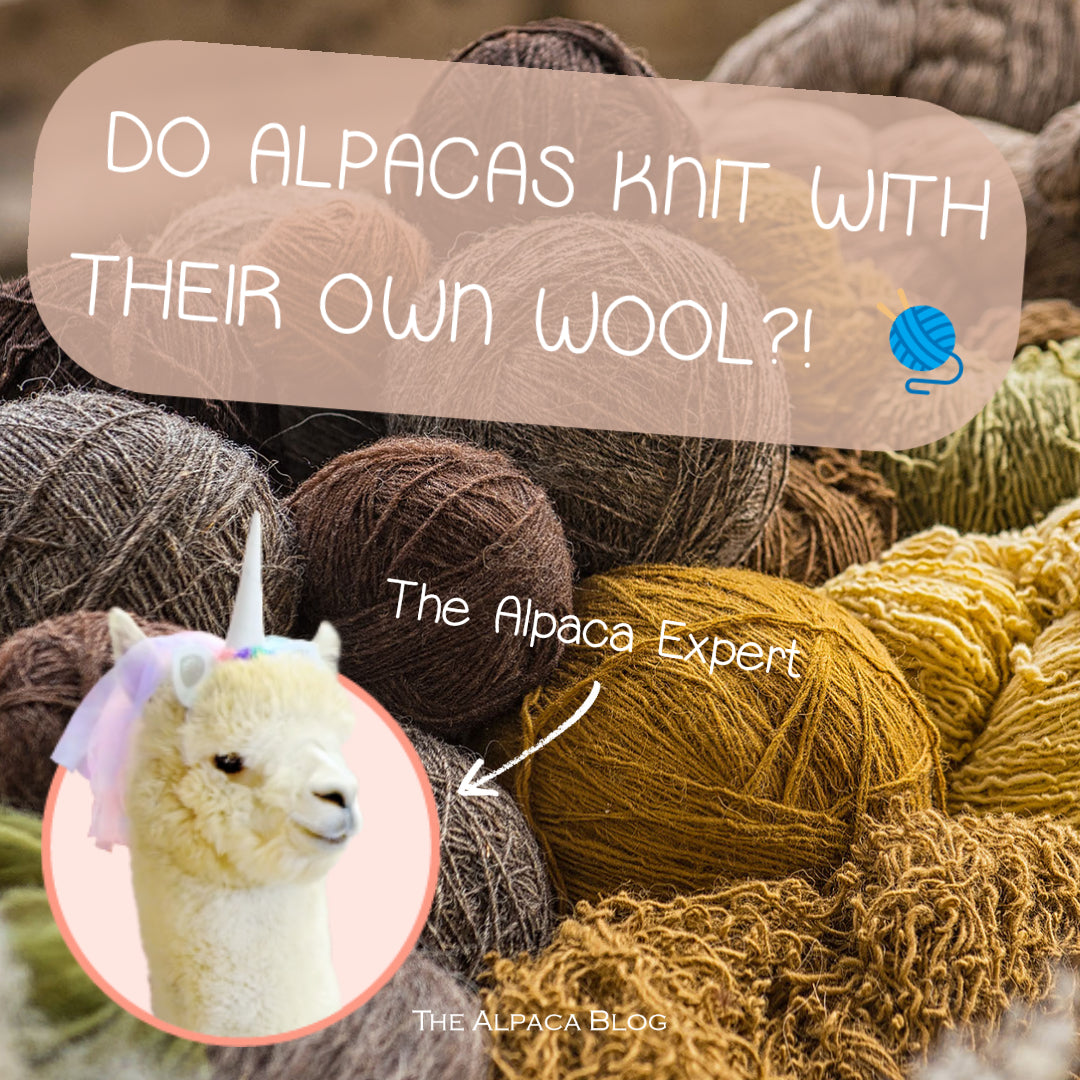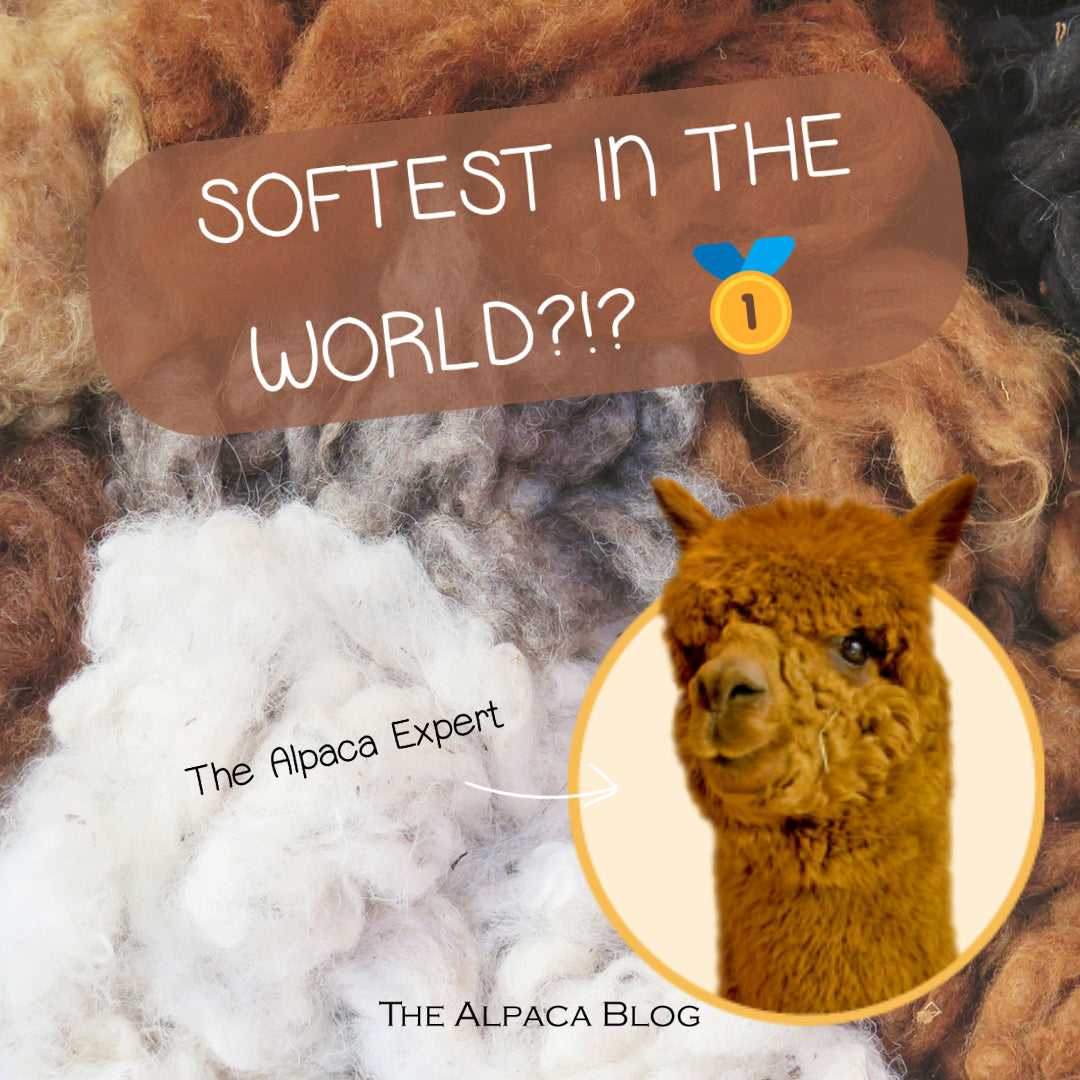We’ve all grown up with stuffed animals playing an important role in our lives. Winnieh the Pooh, Toy Story, Ted; these fantastical worlds all focus around the feeling that stuffed animals or plushies add something magical to our lives. Naturally, this makes us wonder: why do alpaca stuffed animals make us happy?
Alpaca stuffed animals are a great way to improve your own happiness. Alpaca toys give children and adults around the world a sense of security and comfort. They combat loneliness and, when we are feeling down, help us relive the happiest moments in life.
Alpaca toys are also a great way for children to learn in a fun and sustainable way. They learn about nature, how to communicate, share with others, and play socially.
Everyone has a different reason for having their own favorite stuffed animal. Keep reading to learn in what ways stuffed animals and plushies from your childhood play important roles in our lives!

Natural stress relievers
Touching something soft will never get boring! Like you’ve read in the previous blog post Is Alpaca Wool the softest Wool? entire books can be written on ‘softness’. There are different types of soft and even differences within one type of fabric.
It might be difficult to feel differences between microscopic microns, but we can take a look at the feelings that people experience with soft, wooly items.
The presence of something wooly and natural can give a sense of security for young children. Kids can imprint their own sense of security on a plushy, tying up all their positive feelings into their alpaca toy or bunny. Especially, at bedtime and during the (scary) night…
Did you know that touching an animal or something that’s wooly can reduce cortisol? Touching natural fur does something to our brain. Whenever we feel a bit stressed out or anxious there’s an overload of the hormone cortisol in our body. Feeling soft alpaca fleece will decrease the levels of cortisol.
Touching an alpaca toy is a natural stress-reliever and helps us be happier!
Alpacas toys help against loneliness
Some scientists have found out that being lonely is as bad as smoking 15 cigarettes a day. Loneliness is becoming a bigger and bigger problem ever since the recent pandemic.
Not being able to visit or get visited, working from home, less social activities, more screentime. These are all reasons that can result in loneliness.
When you are lonely, you can find comfort in a soft touch or natural presence. Alpaca stuffed animals can help us ease the feeling of loneliness and cope with a world with more (social) distance between us!
Alpaca toys and your imagination
There are many lessons to be found in Alice her tea party with the Mad Hatter and a talking Rabbit. One of the lessons is that our imagination can take us to odd situations from which we can learn.
Ever wondered why some kids are more vocal than others?
Children have the most wonderful conversations with their stuffed animals. In their first attempts to make sense of language, kids can use stuffed animals as learning partners.
Remember the time you poored imaginary tea for your wooly alpaca friends?
Children learn how to share with their plushies, but also to share their own alpaca family with friends and other kids.
Don’t want your kid to be the one who’s not able to share? Give it a few alpaca toys when they’re young and start learning!
Alpaca stuffed animals and pleasant memories
We are always changing. As a person, in our taste, even our preference for Vanilla or Strawberry milkshakes changes. Feeling nostalgic or ‘pleasant remembering’ can help us to deal with change when this is difficult for us.
A stuffed animal is part of our memories of the past and will bring us back to comfort and happy memories.
While we are not quite in charge of which memories we remember, we can decide on the physical items we keep. A person can give sentimental value to a toy, collectible, or plushy and decide to keep this. Simply to remember and relive happy moments.

Stuffed animals are important for kids, because they can help children become independent from the comfort of their parents in difficult situations. This is called a transitional object and can teach a young kid the value of their own strength in unfamiliar situations.






